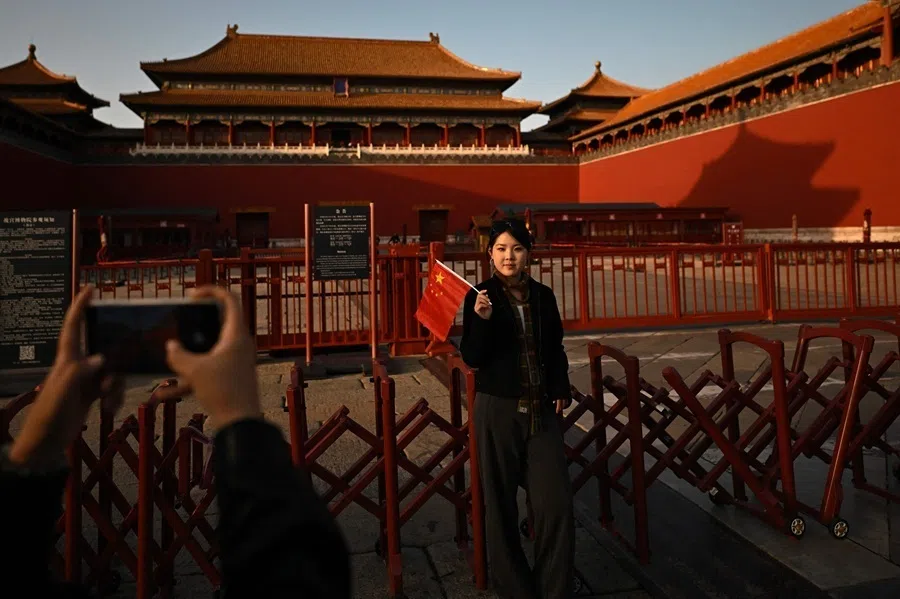William Lai could still pursue 'radical Taiwan independence'
Commentator Qi Dongtao notes that even with pro-independence William Lai as Taiwan's president-elect, he may not be as aggressive as might be expected, as the US might have counselled moderation, while Beijing's possible reactions would also be taken into consideration. However, that does not mean that the Taiwan Strait will be peaceful.
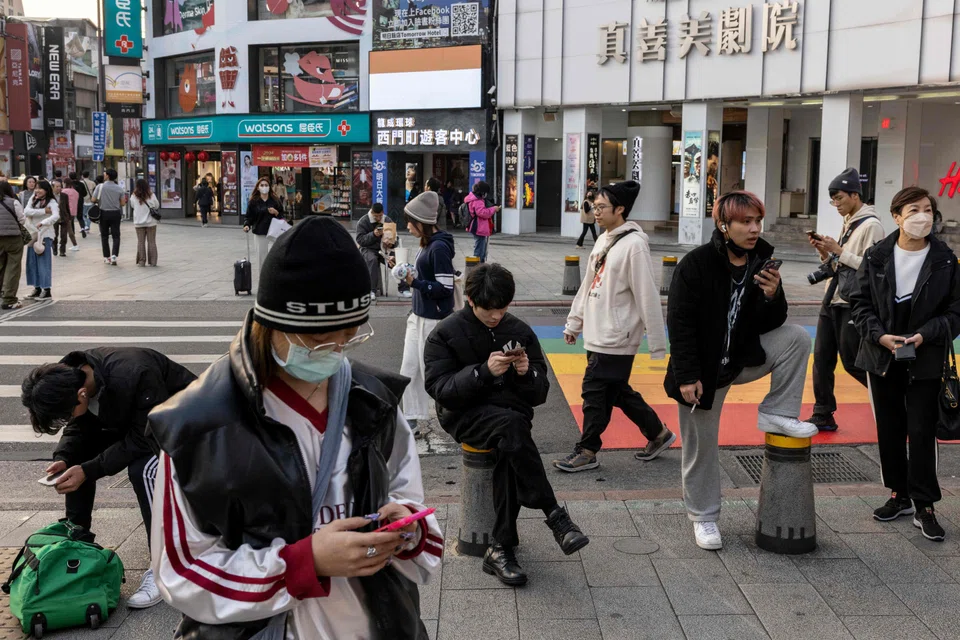
Before the recent Taiwan elections, I wrote the article in Lianhe Zaobao on 15 December 2023 titled "中美共管激进台独?" (US and China Should Jointly Manage the Radical Taiwan Independence Tendency of William Lai). The post-election interactions between China, the US and Taiwan seem to have borne out some of the viewpoints in that article.
When Liu Jianchao, director of the International Liaison Department of the Central Committee of the Chinese Communist Party, visited the US a few days before the elections, he might have conveyed Beijing's concern to the US that William Lai Ching-te might push for radical Taiwan independence after he was elected as president.
The US White House National Security Council held a press conference on the Taiwan elections during Liu's visit. Besides reiterating their longstanding position that the US does not support Taiwan independence and has not changed its "one China" policy, it articulated a stance they have not emphasised in years: they [the US] do not take a position on the ultimate resolution of cross-strait differences, provided they are resolved peacefully.
While this is still far from endorsing it, it is at least a clear statement that they are not against peaceful reunification, which appears to be a positive assurance to Beijing.
Beijing's concern with Washington
Over the past few years, Washington's actions on the Taiwan issue have made Beijing increasingly worried that Washington is trying to permanently separate the two sides of the strait and that it was opposed to any form of reunification.
In November 2023, when Chinese President Xi Jinping met with US President Joe Biden in San Francisco, Xi called on the US to express their support for peaceful reunification. Presently, Washington does not take a position on peaceful reunification. While this is still far from endorsing it, it is at least a clear statement that they are not against peaceful reunification, which appears to be a positive assurance to Beijing.
Hence, the China-US interaction prior to the Taiwan elections appeared to be relatively positive, contributing to an atmosphere of collectively managing radical Taiwan independence.

Beijing's reaction post-elections has been relatively low-key. The Democratic Progressive Party (DPP)'s failure to secure a majority in the Legislative Yuan and Beijing's belief that the Lai administration would probably encounter legislative roadblocks in the future may have allayed some of Beijing's concerns. Besides, it could also be giving the US more time and space to make the first move to restrict Lai.
Washington sent an unofficial delegation to Taiwan shortly after the elections; besides extending their congratulations to Lai, they likely reminded him once again not to push for radical Taiwan independence. When asked by a reporter after the Taiwan elections, Biden simply reiterated the US position of not supporting Taiwan independence.
In the two weeks after the elections, the Taiwan Strait has been generally calm, because all three sides have shown relative restraint and seemed to have found a new point of balance.
This is because Washington does not view these actions as advocating for Taiwan independence, and may even support such actions that Beijing sees as efforts towards Taiwan independence.
Beijing's perceptions of Taiwan 'independence'
Many believe that the era of China-US joint management of Taiwan independence is once again upon us. But we must distinguish between "Taiwan independence" and "radical Taiwan independence", because although China and the US can jointly manage radical Taiwan independence under current circumstances, in Beijing's eyes, they are unable to jointly manage other actions towards Taiwan independence. This is because Washington does not view these actions as advocating for Taiwan independence, and may even support such actions that Beijing sees as efforts towards Taiwan independence.
For example, what Beijing considers Taiwan's "cultural independence", "soft independence", "gradual independence", "diplomatic independence", "allying with the US in an attempt to secure independence" and so forth are all targets to be squashed out, but they have the sympathy and support of Washington. This is especially so for "allying with the US in an attempt to secure independence", as without Washington's cooperation or even encouragement, there is no way that Taipei would be able to "ally itself with the US".
And like Washington, Taiwanese society is increasingly sympathetic and supportive of such forms of Taiwan independence as seen from Beijing's perspective, and Taiwanese youths even believe that these are all natural desires and actions that Taiwan as a "country" should have, and should not be suppressed.
Support from both Taiwanese society and Washington for such actions would encourage the Lai administration to continue pushing for Taiwan independence, while Beijing and Washington would continue to clash over Taiwan independence and be unable to jointly manage this.
As for what constitutes radical Taiwan independence or "de jure Taiwan independence", do the three parties, China, US and Taiwan, have a clear consensus? If not, it is entirely possible that the Lai government would take what Taiwanese society and Washington accept as general Taiwan independence behaviour and develop it into radical Taiwan independence.

Or, even if there is no radical Taiwan independence, if the various forms and different areas of Taiwan independence continue to grow and strengthen to the extent that Beijing views reunification as a lost cause, the third scenario stipulated in the Anti-Secession Law - which permits the use of non-peaceful action to resolve the Taiwan issue - would surface.
... beneath the seemingly calm state of affairs vis-a-vis the Taiwan Strait, undercurrents that could lead to a crisis are far from gone.
Future challenges for DPP
The DPP would be a minority in the upcoming Legislative Yuan; does this mean the opposition parties, which hold the majority, will be able to hinder the Lai government from pushing for radical Taiwan independence? Looking at Taiwan's history, we would find that this is not so.
In the eight years when Chen Shui-bian was president, the DPP was also a minority in the Legislative Yuan, but he was the very person who pushed for radical Taiwan independence, perhaps motivated by the fact that his administration constantly met with resistance in parliament.
When the Chen administration incited a sense of resistance in society with its various strategies for Taiwan independence, even the Kuomintang (KMT) had no choice but to follow suit, pushing for radical Taiwan independence along with the DPP; one example would be the KMT's role in the referendum to rejoin the United Nations.
Conversely, in the eight years of the Tsai Ing-wen administration, the DPP held a majority in the Legislative Yuan, but did not push for radical Taiwan independence. Thus, beneath the seemingly calm state of affairs vis-a-vis the Taiwan Strait, undercurrents that could lead to a crisis are far from gone.
This article was first published in Lianhe Zaobao as "台湾大选后的"台独"与"激进台独"".

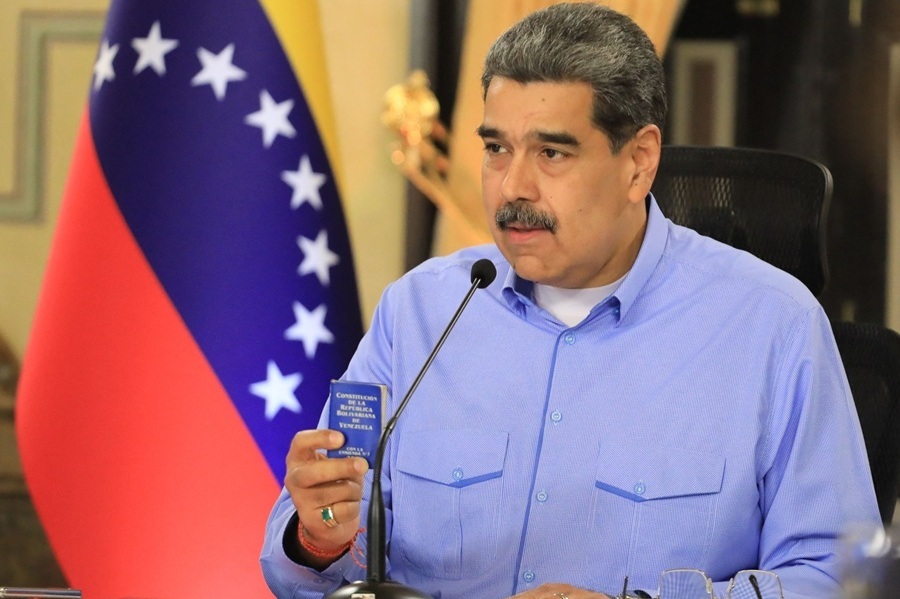
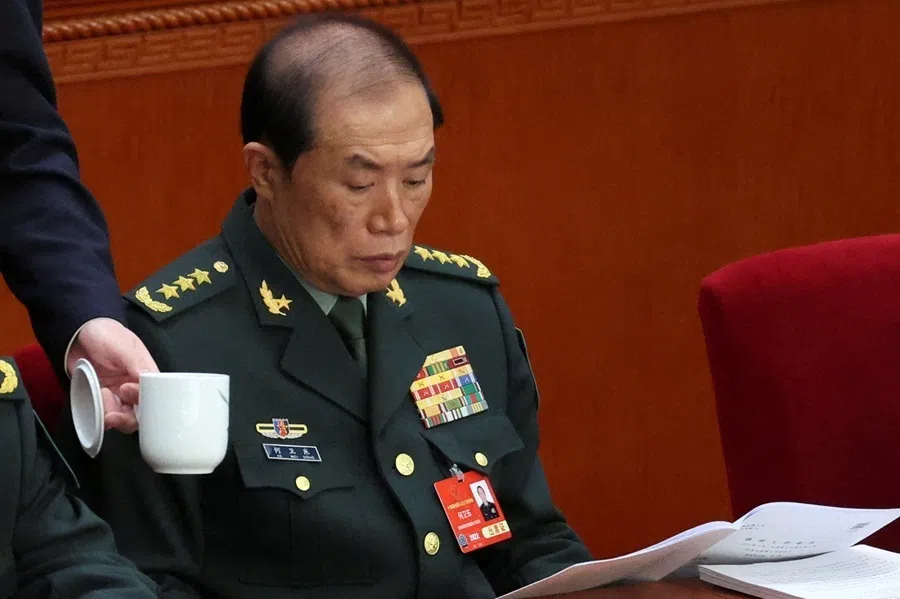
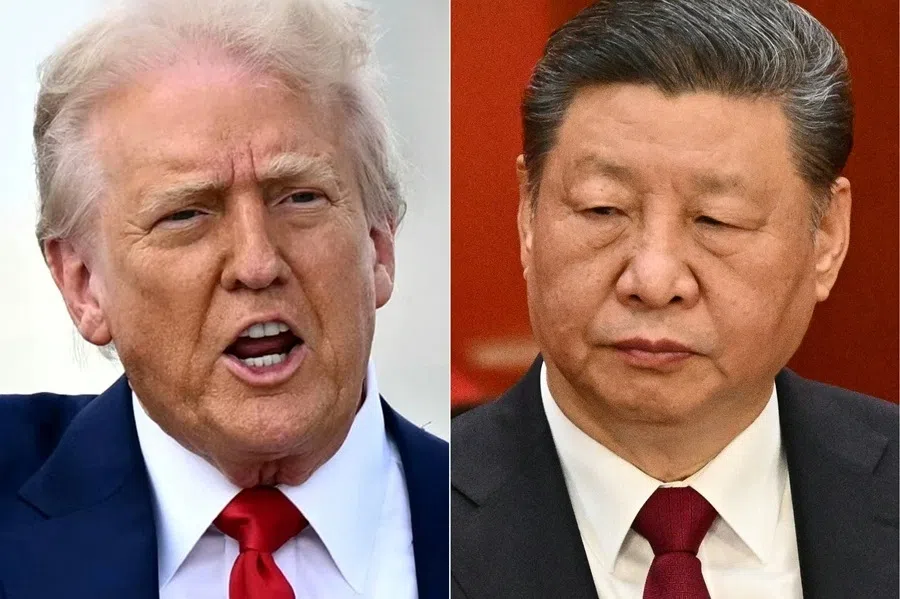
![[Big read] Prayers and packed bags: How China’s youth are navigating a jobless future](https://cassette.sphdigital.com.sg/image/thinkchina/16c6d4d5346edf02a0455054f2f7c9bf5e238af6a1cc83d5c052e875fe301fc7)
